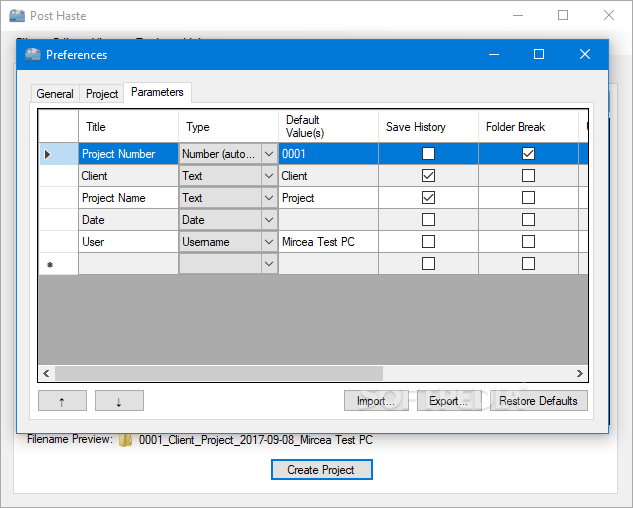

All told, about nine million man-days of labour were poured into the project.īy no means, though, has the speed of construction in South Korea tapered off since then.

Originally slated to take three and half years, the highway was completed just two years and five months after the 1968 ground-breaking ceremony. The defining symbol of ppalli-ppalli achievement remains the Gyeongbu Expressway, which runs 428km south-east from Seoul to the second city of Busan. “Thanks to this culture of hurry, Korea was able to achieve tremendous economic progress and industrialisation in a very short period of time”. “The practice of ppalli-ppalli is not merely part of daily life for Koreans expeditiousness is embedded deeply in their minds as a basic value,” he writes in Way Back into Korea. Then, learning on the fly, the nation graduated to consumer electronics, oil tankers and semiconductors.Īnthropologist Kim Choong-soon attributes much of South Korea’s success as an exporter to the focus on speed. The boldness of the economic planners and the zeal of the workforce allowed the country to leapfrog from exporting raw silk and iron ore to making factory items like wigs and textiles. Mind-bogglingly, the country’s exports during this period grew by 30% to 40% per year.

Nearby, a father showed his son the boxy, cyan-blue Hyundai Pony, which first rolled off an assembly line in 1975. In the exhibition hall covering 1961-1987, South Korea’s period of explosive growth, I watched a young couple peer at the country’s first piece of consumer electronics, the A-501 Radio, which was in fact made in 1959. Long before becoming a museum space, it housed both the Supreme Council for National Reconstruction and the Economic Planning Board. Aptly, South Korea’s spirit of urgent advancement can be said to have issued from this very building. The fruits of ppalli-ppalli are on proud display at the National Museum of Korean Contemporary History in central Seoul. So how did the people go from transplanting rice to downloading torrents in just a few decades? In 1960, a whopping 72% of the population lived in the countryside. Yet not long ago, Korea was a great deal slower due to its rural complexion. To compete, McDonald’s, the global leader in fast food, began assembling its own fleets of delivery scooters in South Korea in 2007. Ppalli-ppalli is also the watchword of the thousands of food delivery motorcyclists who bend the rules of traffic – and physics, too, it appears – to deliver their orders post-haste.

And just as time-conscious are the glitzy wedding halls that host a succession of hour-long ceremonies all weekend. The ppalli-ppalli tendency can be seen in South Korea’s world-leading internet speeds, intensive language classes promising near-immediate results and popular speed-dating events. Translating to ‘fast’ or ‘hurry’, ppalli is pronounced with a tensed first consonant, as if snapping the vocal apparatus like a rubber band. There is even a term for it: ppalli-ppalli culture. Routine speediness runs through South Korean society and is especially prevalent in the capital.


 0 kommentar(er)
0 kommentar(er)
